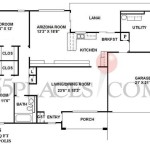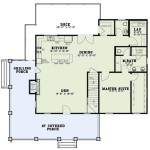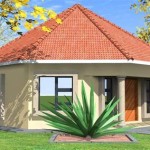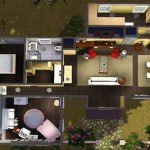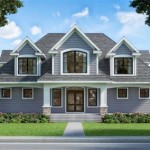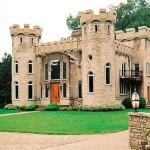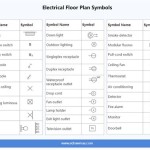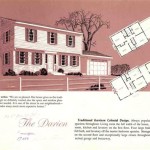Prefab Modern Small House Plans: A Guide to Essential Aspects
Prefabricated homes, also known as prefab homes, have become increasingly popular in recent years due to their myriad benefits. These homes are constructed off-site in a controlled environment and then transported to their final location for assembly. Prefab homes are constructed using advanced techniques, resulting in high-quality, durable, and energy-efficient structures. This article explores the essential aspects of prefab modern small house plans.
Design Flexibility
Prefab modern small house plans offer a wide range of design options to suit diverse preferences and needs. These plans typically feature open floor plans, ample natural light, and contemporary architectural elements. The modular nature of prefab construction allows for customization, enabling the incorporation of bespoke features such as outdoor living spaces, home offices, and rooftop decks.
Construction Efficiency
One of the primary advantages of prefab modern small house plans is their construction efficiency. The off-site construction process significantly reduces the time required for project completion compared to traditional on-site construction. This efficiency translates into reduced labor costs and faster move-in times, allowing homeowners to enjoy their new homes sooner.
Quality Control
Prefab modern small house plans are built in controlled factory settings, ensuring high levels of quality control. Each component of the home is meticulously inspected and assembled, minimizing the risk of errors or defects. Prefab homes also adhere to strict building codes and industry standards, ensuring safety and durability.
Sustainability
Sustainability is a key aspect of prefab modern small house plans. These homes are designed with energy efficiency in mind, incorporating features such as high-performance windows and doors, insulated walls, and energy-efficient appliances. Additionally, the controlled factory environment minimizes waste and reduces the environmental impact of construction.
Cost-Effectiveness
Prefab modern small house plans are typically more cost-effective than traditional on-site construction. The efficiency of the construction process, combined with bulk purchasing of materials, results in substantial savings for homeowners. Prefab homes also offer long-term savings through reduced maintenance costs.
Choosing the Right Plan
Choosing the right prefab modern small house plan is crucial. Consider your lifestyle, budget, and the size of your lot when selecting a plan. It is recommended to consult with architects or designers specializing in prefab construction. They can guide you through the process and help you find a plan that aligns with your specific needs and preferences.
In conclusion, prefab modern small house plans offer numerous advantages, including design flexibility, construction efficiency, quality control, sustainability, cost-effectiveness, and ease of customization. By carefully considering the essential aspects discussed in this article, you can make an informed decision and embark on the exciting journey of building your dream prefab home.

Small Prefab Mini House One Cabins

840 Sq Ft Plan By Houseplans Com Prefab Small Homes Modern Tiny House Style Plans Design

Prefab Tiny House Modular Small Plans Garden Modern Loft Plan Backyard

Modular House Plans Modularhomeowners Com

The H House 1 Story Modern Modular Trillium Architects

20 Of The Most Beautiful Prefab Cabin Designs Modern Homes Modular Affordable

Cool Prefab Custom Tiny Houses And The Best Diy Cabin Plans Craft Mart

40 Prefabricated Homes Of Every Size And Shape

Floor Plans Cvs 3242k1 0 Manufactured And Modular Homes In 2024 Home House Plan With Loft Tiny

Prefab House Plans Nelson Homes Usa

